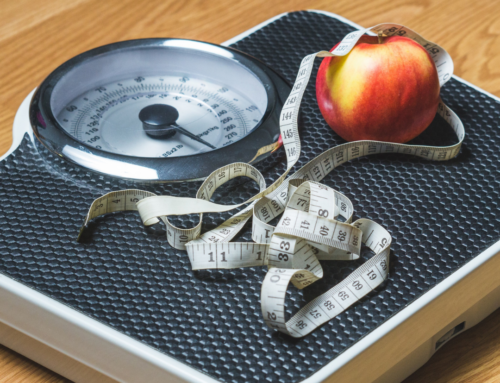We’ve all heard of menopause; that dreaded time of life for women when we feel like something, or someone else has taken over our bodies. Sometimes menopause can begin as early as our 30’s….mood swings, fatigue, mental fog, depression, weight gain, night sweats, and low libido. Then eventually, a decade or so later, hot flashes begin and the misery steps up a notch.
What about the guys in all of this mess? Why don’t they have to suffer like we do? Don’t they age too? Well the answer is ABSOLUTELY! Males begin their hormone decline on average at age 35, losing 2% of testosterone production per year which is important and not just for sexual health. Testosterone, produced primarily by the female ovary and the male testicles, and to a lesser degree by the adrenal glands (yes ladies, females make and need testosterone), has many functions in our bodies beyond sexual health. Primarily, it is a brain hormone, and as we age and production declines, we feel those brain symptoms.
A myriad of symptoms can point to a hormonal imbalance problem. From a mental fog, decreased mental clarity and difficulty focusing, memory loss (think: where did I park my car, put my keys, why did I come to this room?) to mood swings, irritability, depression, and anxiety. Some people experience extreme fatigue (especially in the afternoon around 3 or 4 o’clock) or disturbances in sleep patterns. Men rarely lose libido, so don’t use that as an accurate marker for hormone balance. Women and men experience varying degrees of these symptoms, and it can significantly decrease our overall sense of well being and wreak havoc on relationships of all kinds. Often, when we seek help from our primary practitioners, we are band-aided with anti-depressants, sleeping and anti-anxiety pills, and a host of other medications. These drugs have possible additional side effects such as weight gain, zombie-like state, dependency for sleep, further decreased libido and so forth leaving plenty of room for other treatment options.
Moreover, several studies show natural testosterone to be protective and even preventative, of many disease states. Men and women with low testosterone are more likely to get Alzheimer’s dementia. In a recent study, men over 55 with youthful levels of testosterone showed significant reduction in coronary artery disease risk and heart attacks. In addition, testosterone builds bone by 8.3% per year, preventing and reversing osteopenia and osteoporosis. If you are noticing that 40 year old paunch around the middle, low testosterone may be part of the problem as it increases cortisol and insulin levels, both of which increase belly fat and increase your risk of type 2 diabetes. Further, good news for women, countless studies show testosterone can help protect the breasts from breast cancer. Breast cancer tissue can have both estrogen and insulin receptors. Natural testosterone has been shown to down-regulate estrogen receptors in the breasts and decrease insulin levels. The more we study this vital hormone, the more we learn it protects the brain, breasts, bones, and heart while decreasing the risk of a host of age related disease states.
So, how do you know if your hormones are out of whack? First of all, seek an expert in hormone balance. If you feel off, pay attention to how you feel and think twice about filling the prescriptions given to quell symptoms if they tell you “your hormones are normal”. What is “normal” for the average population in your age group may not be “normal” for you. For instance, we know a youthful testosterone level in males is around 800-1100 nanograms per deciliter (ten times higher than women), a “normal” lab reference range can be anywhere from 200-1100 ng/dl for men, depending on the reporting lab! Men are typically symptomatic under 400 ng/dl but that is still in the “normal” range! Additionally, complete thyroid panels and vitamin D3 levels should be checked as there is a synergy between them all and again, “normal” reference ranges may not be optimal for you.
The message here is, pay attention to how you feel, not what a piece of paper says. Educate yourself, do your research, and most importantly, find a practitioner who will sit down with you, listen, and help you understand what is happening during this time in your life and how to best address it without adding a multitude of unnecessary medications.






